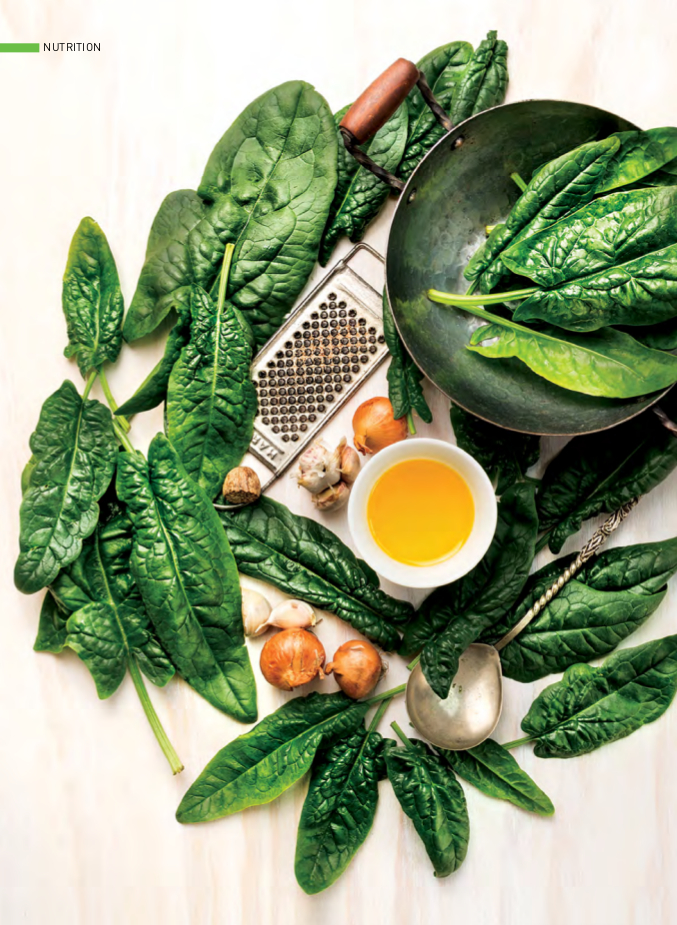BESTFIT Issue 19 – Nutrition
Share
Does Green Mean Lean
Meet the super supplements. Not to be confused with the super substitutes!
Words by Dr Emma Kirke OSTM
Nutrient-dense superfood powders and super greens are among the buzz words in the fitfam fraternity.
In fact, if you frequent the infamous BodyPower expo you will be sure to come across two or three new and recognised companies selling the powder equivalent of the elixir of health, all boasting the most nutrients with the best cross section of food sources and which can give you a health benefit no other product can. Are they really the answer to our dietary deficiencies? And does it really matter which one you chose?
This is truly the age of the miracle powder. Nutrient-dense and freeze dried to maintain the nutrition, finely milled and with all the enzymes, antioxidants, vitamins, minerals you need to help the body fight blood sugar issues, diabetes, cancer, dementia and hormone imbalances.
Here at BESTFIT, we like to experiment with foods. We have even created a cold store of ziplock bags and labelled Kilner jars filled with Maca powder (a Peruvian root), Lacuma, Chlorella, Acai and Spirulina (an ancient blue/green algae) to name a few. We have our favourite companies and we incorporate them in varying ways in our recipes and food creations.
Powders and combinations are featuring on Instagram in abundance, and the crazier the concoction the better. Being able to make a terrible-tasting powdered seaweed taste delicious is truly the height of chic and the pinnacle of any foodie’s smoothie creations.
Can a powder really replace food? Is this the future of our cuisine?
Granted, there is an element of convenience to the powerful powders, and in fact there are some products that use this as part of the advertising attraction. This doesn’t mean the non-food food era is upon us. And while some well known celebrities are renowned for taking bee pollen for its health benefits, is there any evidence to suggest that they actually work? Can we honestly replace meal times with a smoothie for convenience and alleged health-boosting benefits?
According to University College London we should be eating at least ten portions of fruit and veg a day, not the mere five currently encouraged by the NHS. The research findings showed that eating seven portions of veg and three of fruit mean that you are 42% less likely to have a premature death than someone that consumes only one portion daily. Hence the appeal of the convenience of the super-powders…
Vegetables have more benefits than fruit, so it is prudent to increase these in your diet. If the addition of a super green powder to your smoothie can reduce the risk of an early death, then it should be a no brainer.
Super-greens are renowned for being high in anti-oxidants and are a source of plant protein to boot, but it’s unrealistic to expect a busy individual to consume 10 portions of vegetables a day. If that’s the case, then most of us need a certain amount of supplementation in our diets. We have stressful lives living in polluted cities, which means we require higher levels of minerals and vitamins to protect ourselves, a level that clean eating will doubtless be able to provide in entirety.
NASA deemed spirulina to be such a superfood it became an essential requirement for long-term space missions. Convenient and power packed, if its good enough for an astronaut who are we to argue? However, we’re still finding it hard to stomach as a powder mixed with water. It’s difficult to know whether or not to persevere, or use a diet rich in greens such as paleo or keto instead.
Sprinkling salads with bee pollen, hemp coated crispy kale, spinach with courgetti and spirulina are all ideas of how to incorporate these superfoods into our diets. Sounds like it could be an expensive mission, and we don’t know yet if there are any side effects. If they are as powerful as suggested, can you eat too much, or should there be an RDA or warning provided with each one?
I have read research suggesting that too many anti-oxidants can be detrimental to your health.
Without a doubt, these miracle powders are an expensive commodity and certainly if you already have digestive issues that may result in you being unable to absorb the beneficial nutrients in the first place, then you should think strongly about trying.
They are concentrated levels of nutrients which are, in theory, easily absorbed in a plant source. However, it’s not entirely sure whether we can cope with these high levels or whether they just pass on through our digestive tract without benefiting the body. We know this is commonly the case with vitamin C, of which large doses are invariably lost through our waste products. Maybe we should be we be tailoring the powders to our digestive capabilities and in fact our individual requirements.
ur recommendation is that more is not necessarily better and certainly not when it comes to superfoods. You may need to try a few before you find one that suits you.
You may also need to experiment with your combinations, but it seems that the modern diet will need a superfood boost. Adding some lacuma to your porridge and drinking a green smoothie in a morning is great to try to improve your health but be mindful of how enthusiastic you become with your longevity.
Superfood powders are supplements, they have not been verified as superfoods by anyone other than the manufacturers themselves. They are not a substitute for a healthy and well balanced diet alongside a regular dose of exercise. Treat them as an addition to a lifestyle that is kind to yourself mentally, physically and emotionally. Food is an important component to our social lives as well as being fuel for our being.






















FOLLOW BESTFIT